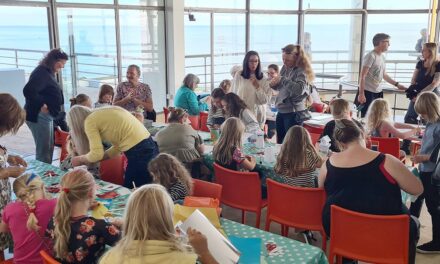Daniel (whose name has been changed to protect his privacy) left prison in January 2020 and is a resident of East Sussex. He has a diagnosis of depression, anxiety and a history of suicide attempts. Before prison, he was a heavy alcohol user and shared his plans to drink after leaving prison.
After his release, he was managed by a National Probation Service (NPS) offender manager. However, he struggled to maintain temporary housing placements due to difficult relationships with housing staff. A recall to prison was considered as he wasn’t complying with the conditions of his housing placement and there was a lack of engagement.
Daniel’s situation got worse and led to him sleeping rough on the streets. He was provided with support via emergency accommodation from the local housing authority. However, his lack of engagement led to a breakdown of support again. Daniel returned to the streets and during this period of rough sleeping, he was hospitalised after attempting to take his own life.
Following his hospitalisation, Daniel was transferred to the Rough Sleepers Initiative (RSI) Multi-disciplinary Team (MDT) to take over his offender management. Due to his situation, offending history and behavioural problems, it was difficult to find him new living arrangements.
In the winter, Daniel was accommodated under the Severe Weather Emergency Protocol (SWEP), when there is an increased risk of death due to the weather or temperature. During Daniel’s placement under SWEP, he started to accept support for his mental health from RSI specialists.
The turning point…
When the SWEP placement ended, Daniel was sleeping rough again. He had approached the local housing authority for accommodation, but they were unable to offer him emergency accommodation. The RSI MDT housing specialist identified a placement in emergency winter provision to help Daniel get off the streets. This proved to be a turning point.
During this placement, Daniel improved his engagement with RSI MDT specialist workers. He was subsequently introduced to a Housing First worker to look at his next steps. While Daniel remained in temporary accommodation, he continued to make progress with the multi-agency specialist support he received.
From nearly taking his own life, rough sleeping and facing being recalled to prison, Daniel’s situation is now looking up. He is maintaining accommodation, prioritising his probation appointments, developing positive relationships, and seeking advice and guidance.
Learn more about how the trailblazer project is improving outcomes for prison leavers and working to reduce homelessness and re-offending in East Sussex.




